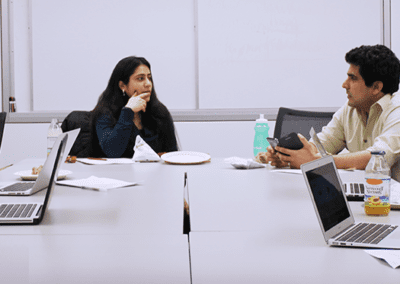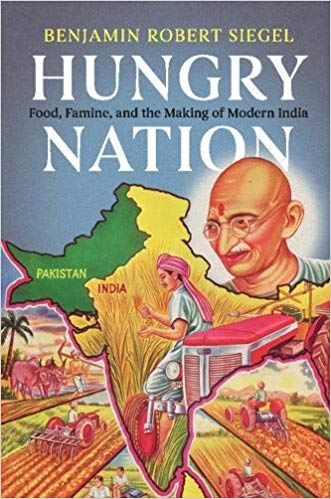TestPage
SubheadingSection Name
Lorem ipsum dolor sit amet, consectetur adipiscing elit. Aliquam justo lectus, ultrices et luctus et, dictum et erat. Suspendisse at tellus sagittis, condimentum metus vel, fermentum libero. Sed pharetra mauris et justo ornare rutrum. Aliquam sodales lorem ut ipsum vehicula faucibus. Proin ornare ullamcorper condimentum. Curabitur at felis faucibus, sodales elit dapibus, fringilla purus. Vivamus eu sagittis est. Nulla a placerat metus. Nulla tincidunt lorem lorem, id sollicitudin arcu malesuada ac. Suspendisse laoreet imperdiet elit eget fermentum. Quisque vitae rhoncus purus. Nulla semper fringilla orci, sit amet bibendum massa fermentum sit amet. Donec aliquam felis eget hendrerit pellentesque. Proin at erat nisl. Proin porta varius odio, quis luctus eros pellentesque finibus.
Title1
j2lfh2fk 2lfh
Title1
j2lfh2fk 2lfh
Title1
j2lfh2fk 2lfh
Nunc feugiat lectus urna, in rutrum risus tempus eget. Cras at ante ut orci pharetra placerat. Nam pulvinar, lacus nec consequat tincidunt, arcu est gravida libero, eget lacinia velit nisi id tortor. Donec cursus felis at enim faucibus feugiat. Nulla nec lacus at lorem consequat gravida. Vestibulum ante ipsum primis in faucibus orci luctus et ultrices posuere cubilia Curae; Maecenas malesuada dui at dolor cursus eleifend. Sed fringilla, urna pretium sodales tempus, augue tortor volutpat urna, quis pretium justo mauris efficitur leo. Pellentesque fermentum dapibus interdum.

Interpreting a 5th Century Tamil Epic and Its Retellings
The Cilappatikāram (“The Tale of an Anklet”) is a 5th century Tamil epic telling the story of Kovalan, a merchant, and his wife Kannaki, who becomes a goddess. Ilango Adigal is credited as the author of this literary work. Over the summer, I conducted the preliminary research for my intended dissertation project on the Cilappatikāram and its reception and retelling histories. During my research, I was able to address my interests and needs for my dissertation in numerous ways.

Nosheen Ali: Rule and Development in Northern Pakistan
In the north of Pakistan lies Gilgit-Baltistan, a Shia-majority region of Sunni-dominated Pakistan, and a contested border area that forms part of disputed Kashmir. Though typically seen as an idyllic paradise, many overlook how the region is governed as a suspect security zone. We spoke with Nosheen Ali, author of Delusional States: Feeling Rule and Development in Pakistan’s Northern Frontier, to learn more about the region of Gilgit-Baltistan, its people, and the challenges they face. Ali will speak at the Mittal Institute’s upcoming seminar on Friday, October 25, alongside Professor Ali Asani, Professor of Indo-Muslim Religion and Cultures at Harvard University.
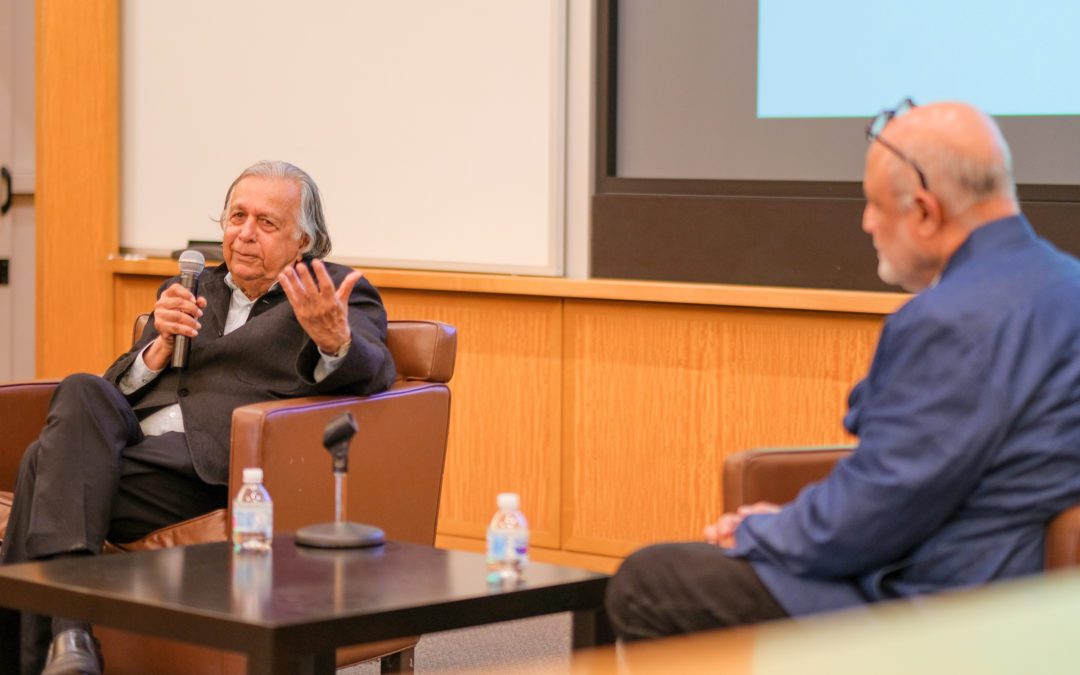
Podcast: Raj Rewal and the Timeless Rasa
In case you missed it: Raj Rewal and Rahul Mehrotra recently stopped by the Mittal Institute to discuss Rewal’s past architectural work in India and around the world. This podcast — an excerpt from their discussion — delves into the theme of the “Timeless Rasa.”
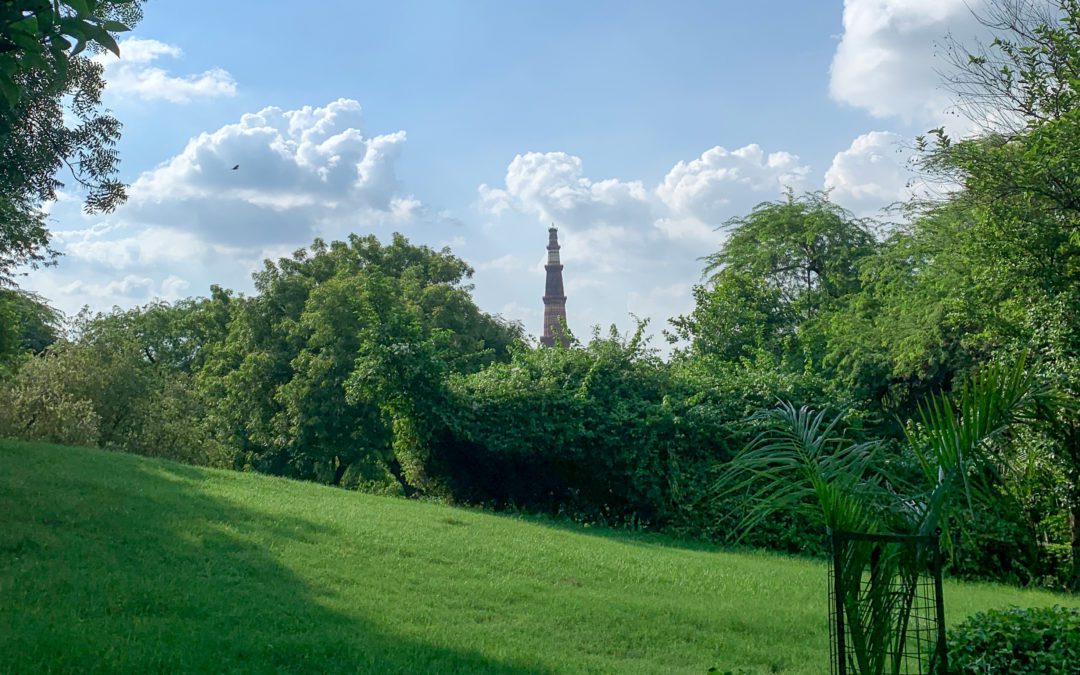
The Many Lives of the Qutub Minar
In the past, conservation studies in India have mainly focused on architectural preservation efforts to protect and maintain designated monuments. In many ways, this is the legacy of the former colonial regime, which enacted stringent preservation laws and laid the academic foundation for the predominant mode of conservation we now see in modern-day India. This is exemplified in the manner in which state agencies, advocacy groups, and academics have dealt with archaeological sites, as plots entirely removed from their urban contexts.
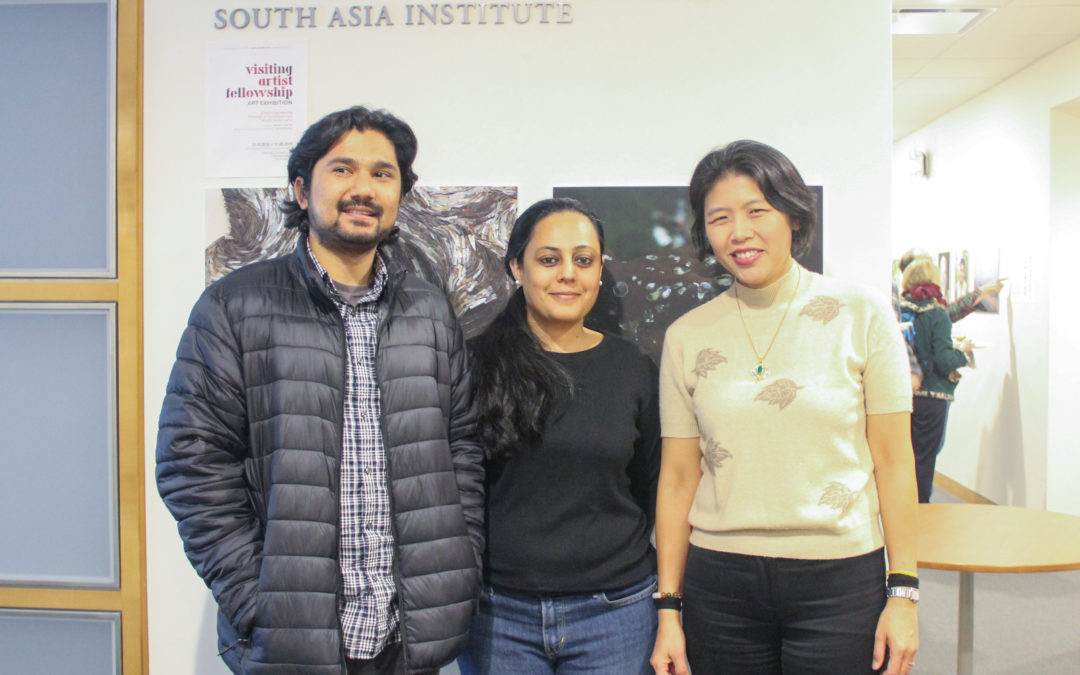
Identity and Politics in South Asia, Brought to Life Through Art
This week, the Visiting Artist Fellows’ Fall 2019 exhibit, Exploring Identity Through a Contemporary South Asian Lens, opened at the Mittal Institute. Available for viewing through November 26, photographer Sagar Chhetri and sculptor Sakshi Gupta unveiled their artistic interpretations of life, time, and the human condition to a rapt audience. The 8-week Visiting Artist research program provides a vital platform for an exchange of perspectives and knowledge, linking Cambridge and South Asia through shared stories and new understandings and providing artists from South Asia the opportunity to use Harvard’s resources to perform research that will inform their art practice.
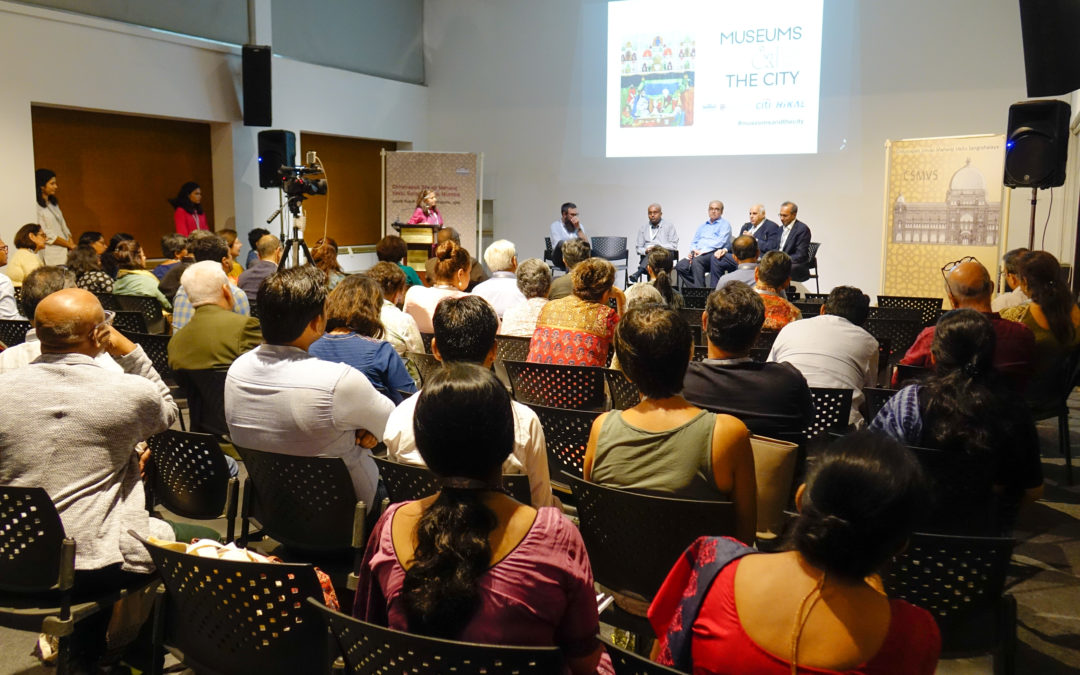
Museums & The City Workshop: Creating a Dynamic Space
This September, the Lakshmi Mittal and Family South Asia Institute at Harvard University partnered with the Chhatrapati Shivaji Maharaj Vastu Sangrahalaya Museum in Mumbai to hold a workshop exploring how museums could potentially create an expanded culture of civic life that represents and nurtures the diverse and plural sensibilities of those with whom they share space.
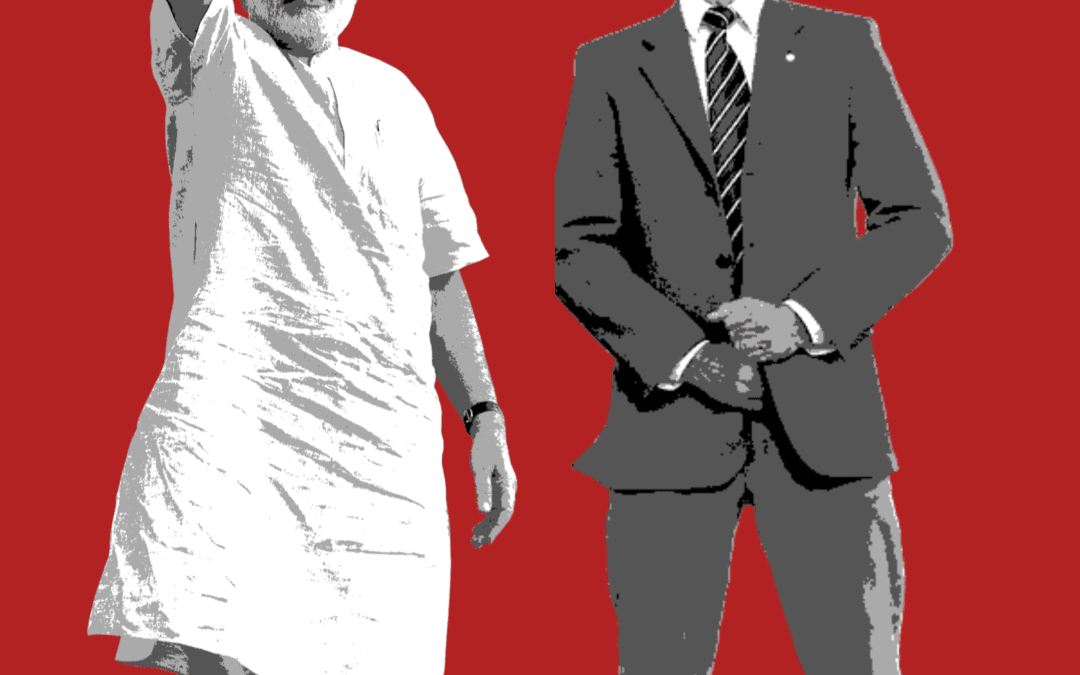
Podcast: Voting for Strongmen in Brazil and India
If you missed our recent event, Voting for Strongmen: Nationalist and Populist Leadership in Brazil and India, check out this podcast to see what Professors Patrick Heller, Bruno Carvalho, and Rachel Brulé have to say about what nationalist and populist leadership means for Brazil, India, and the global political system at large.
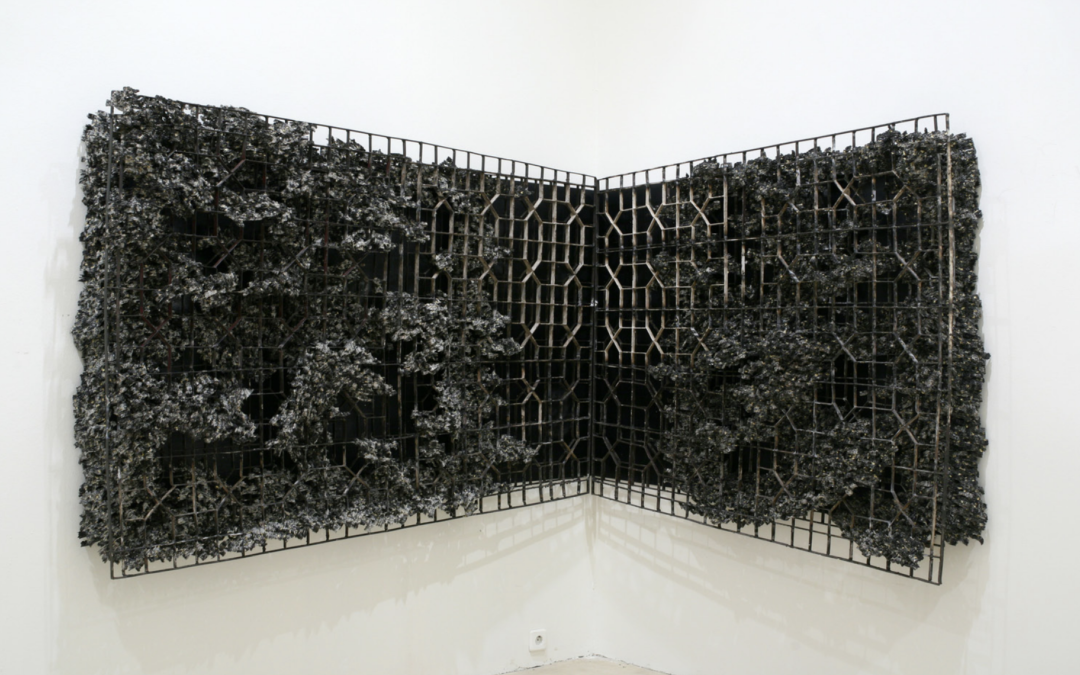
From Old to New: Reflecting on Transformation Through Art
We recently sat down with Sakshi Gupta, an accomplished sculptor and mixed media artist from India and one of the Mittal Institute’s new Visiting Artist Fellows for Fall 2019. Her series, At the Still Point of the Turning World, explores the human condition, transformation, and the momentariness of life, time, and eternity by turning found objects into something new.
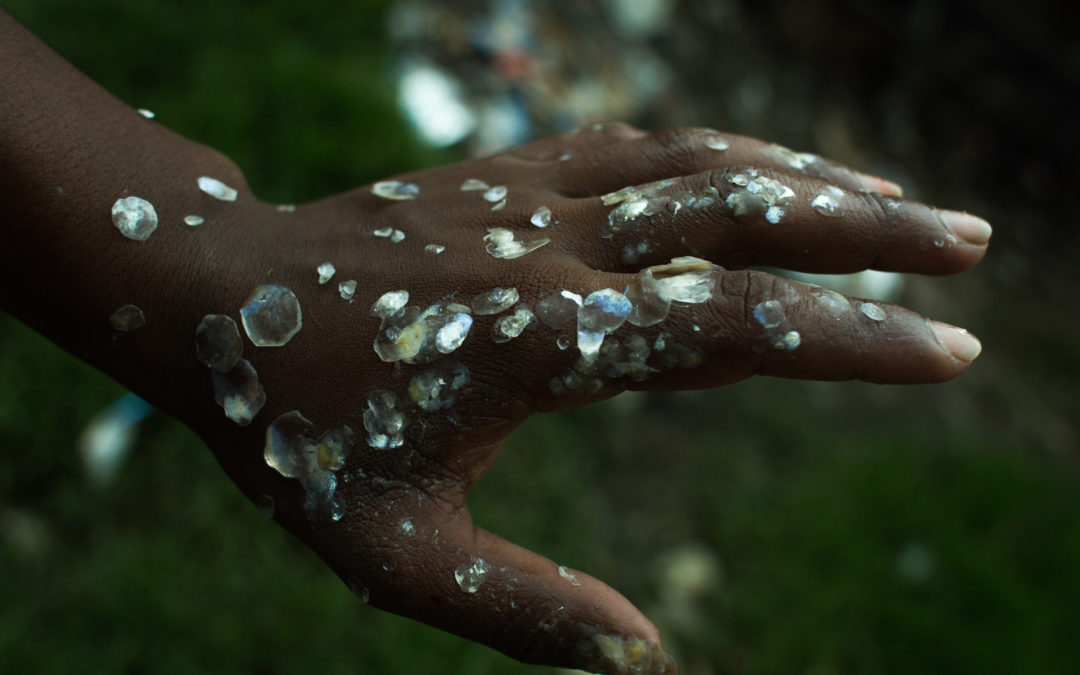
Dual Identities, Political Grievances, and Hope on the Border of Nepal
We recently sat down with Sagar Chhetri, an accomplished photographer from Nepal and one of the Mittal Institute’s new Visiting Artist Fellows for Fall 2019. His photography series, Eclipse, delves into the identity conflict experienced by the Madhesi community of Nepal and his Madhesi peers through profound imagery of their day-to-day lives.
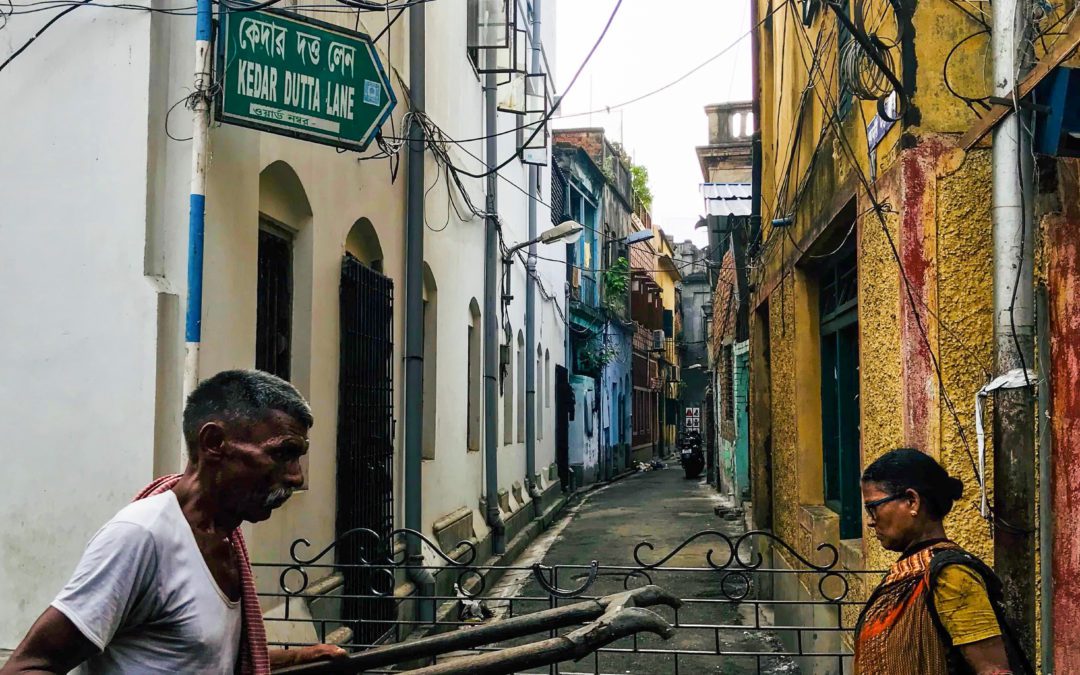
The Hybrid of Urbanism and Historic Preservation in Kolkata
With my grant from the Lakshmi Mittal and Family South Asia Institute, I spent eight fruitful weeks abroad, studying the how and the why of the limited set of historic designations in Kolkata. My daily activities were structured around site visits, photographic and written documentation of spatial practices and cultural phenomena, investigative interviews with scholars and professionals in the field of conservation, theoretical readings, and archival work. I spent the first six weeks in Kolkata trying to better understand the city’s spatiality and how many Kolkatan’s livelihoods and daily activities engage with the hybridization of the old and the new.
Nunc feugiat lectus urna, in rutrum risus tempus eget. Cras at ante ut orci pharetra placerat. Nam pulvinar, lacus nec consequat tincidunt, arcu est gravida libero, eget lacinia velit nisi id tortor. Donec cursus felis at enim faucibus feugiat. Nulla nec lacus at lorem consequat gravida. Vestibulum ante ipsum primis in faucibus orci luctus et ultrices posuere cubilia Curae; Maecenas malesuada dui at dolor cursus eleifend. Sed fringilla, urna pretium sodales tempus, augue tortor volutpat urna, quis pretium justo mauris efficitur leo. Pellentesque fermentum dapibus interdum.
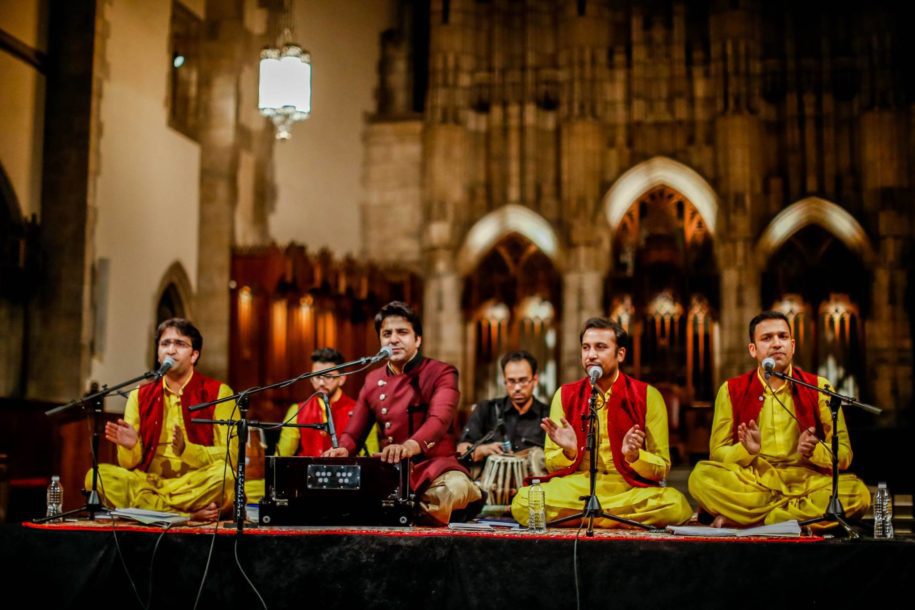
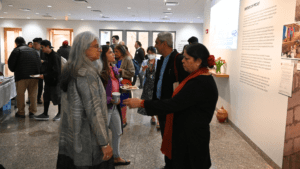
Caption here
Welcome to The Lakshmi Mittal and Family South Asia Institute at Harvard University! We are dedicated to exploring the rich and diverse cultures of South Asia through research, education, and engagement. Our institute brings together scholars, students, and practitioners to foster innovative thinking and collaboration. Discover our wide range of programs, events, and resources that celebrate the vibrant tapestry of South Asian heritage. Join us on this exciting journey of knowledge and discovery!
